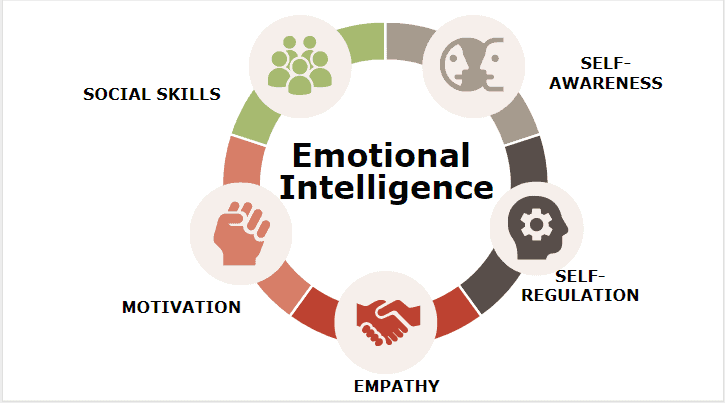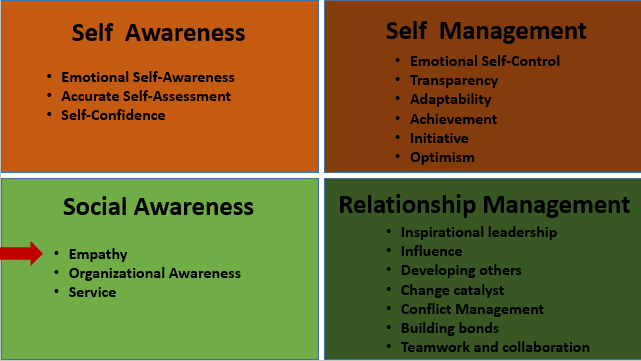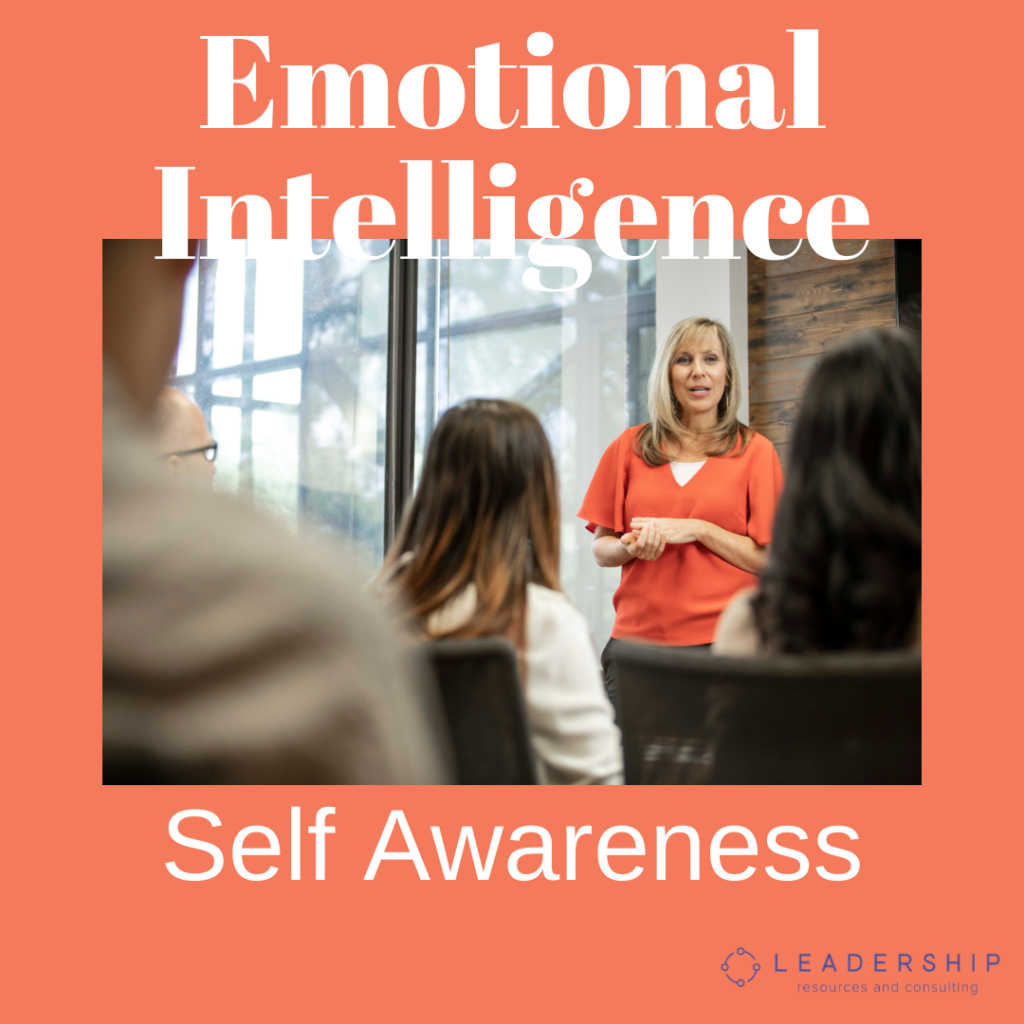Table of Contents
What Is Emotional Self-awareness? - Four Lenses Rockwall TX
Don't forget to download our three Self Empathy Exercises free of charge. Council for Accreditation of Counseling and Associated Educational Programs. (2017 ). 2009 Standards. Obtained from Dana, E. R., Lalwani, N., & Duval, S. (1997 ). Goal self-awareness and focus of attention following awareness of self-standard inconsistencies: Changing self or altering requirements of correctness.
Duval, S., & Wicklund, R. A. (1972 ). A theory of unbiased self-awareness. Academic Press. Eurich, T. (2018, January 4). What self-awareness truly is (and how to cultivate it). Harvard Business Evaluation. Recovered from https://hbr. org/2018/01/ what-self-awareness-really-is-and-how-to-cultivate-it Goleman, D. (2001 ). Emotional intelligence: Problems in paradigm building. In C. Cherniss & D. Goleman (Eds.) The mentally intelligent office.
James, C. (2011 ). Law student wellness: Advantages of promoting mental literacy and self-awareness utilizing mindfulness, strengths theory, and psychological intelligence. Legal Education Evaluation, 21( 2 ). Ridley, D. S., Schutz, P. A., Glanz, R. S., & Weinstein, C. E. (1992 ). Self-regulated knowing: The interactive influence of metacognitive awareness and goal-setting. The Journal of Experimental Education, 60, 293306.

A., Tractenberg, R. E., Chaterji, R., Amri, H., Harazduk, N., Gordon, J. S., Haramati, A. (2007 ). Promoting self-awareness and reflection through an experiential mindbody skills course for first-year medical trainees. Medical Instructor, 29, 778784. Silvia, P. J., & Duval, T. S. (2001 ). Goal Self-Awareness Theory: Current development and withstanding problems.
Silvia, P. J., & O'Brien, M. E. (2004 ). Self-awareness and constructive functioning: Revisiting "the Human Predicament." Journal of Social and Scientific Psychology, 23, 475489. Sutton, A. (2016 ). Determining the impacts of self-awareness: Construction of the Self-Awareness Outcomes Questionnaire. Europe's Journal of Psychology, 12, 645658. Sutton, A., Williams, H. M., & Allinson, C.
Tips For Improving Your Emotional Intelligence Plano TX
( 2015 ). A longitudinal, mixed-method evaluation of self-awareness training in the workplace. European Journal of Training and Development, 39, 610627. Trent, N. L., Borden, S., Miraglia, M., Pasalis, E., Dusek, J. A., & Khalsa, S. B. S. (2019 ). Improvements in psychological and occupational wellbeing in a practical controlled trial of a yoga-based program for specialists.
Emotional Self-Awareness is the capability to tune into your own sensations, sense inner signals, and acknowledge how your feelings affect you and your efficiency. It is a crucial skill for leadership at any level, along with numerous elements of life. The function of establishing Psychological Self-Awareness is that it allows us to comprehend how our bodily experiences and our feelings effect ourselves, others, and our environment.
Thus, the more we practice it, the more skilled we end up being and the higher our capacity to recognize the area between stimuli and our reaction to that stimuli, ensuring a more conscious and skillful method. Without Emotional Self-Awareness, it is challenging to become proficient in and regularly utilize the other Psychological and Social Intelligence Competencies.

This is the first in a series of Primers that checks out each of the 12 Psychological and Social Intelligence Management Competencies, with a thorough summary of the Proficiency Design itself. Daniel Goleman, Richard Boyatzis, Richard Davidson, Vanessa Druskat, and George Kohlrieser discuss the Competencies: what they are, why they matter, and how to develop them.

Total length is 62 pages, plus citations. Soft cover. Saddle Stitched Additional guides in this series are:: globally understood psychologist and author of Emotional Intelligence, Social Intelligence, and Dealing With Emotional Intelligence, Founder and Chair of the Center for Healthy Minds, University of Wisconsin-Madison and New York Times bestselling author of The Emotional Life of Your Brain, internationally recognized specialist and consultant on group emotional intelligence and Partner Professor of Organizational Habits and Management at the Peter T.
Improving Self-awareness Increases Your Emotional Intelligence Or Eq... Allen TX
A number of us understand IQ (Intelligence Ratio). Created to determine intellectual intelligence, it provides a score from a series of tests. Higher IQs suggest better cognitive capabilities, or the capability to learn and understand. Individuals with greater IQs are most likely to do well academically without putting in the exact same quantity of mental effort as those with lower IQ scores.
Table of Contents
Latest Posts
Free Online Emotional Intelligence Course - Four Lenses in Fontana California
Emotional Intelligence Training – in Los Angeles CA
Emotional Intelligence - Four Lenses in San Francisco CA
Navigation
Latest Posts
Free Online Emotional Intelligence Course - Four Lenses in Fontana California
Emotional Intelligence Training – in Los Angeles CA
Emotional Intelligence - Four Lenses in San Francisco CA